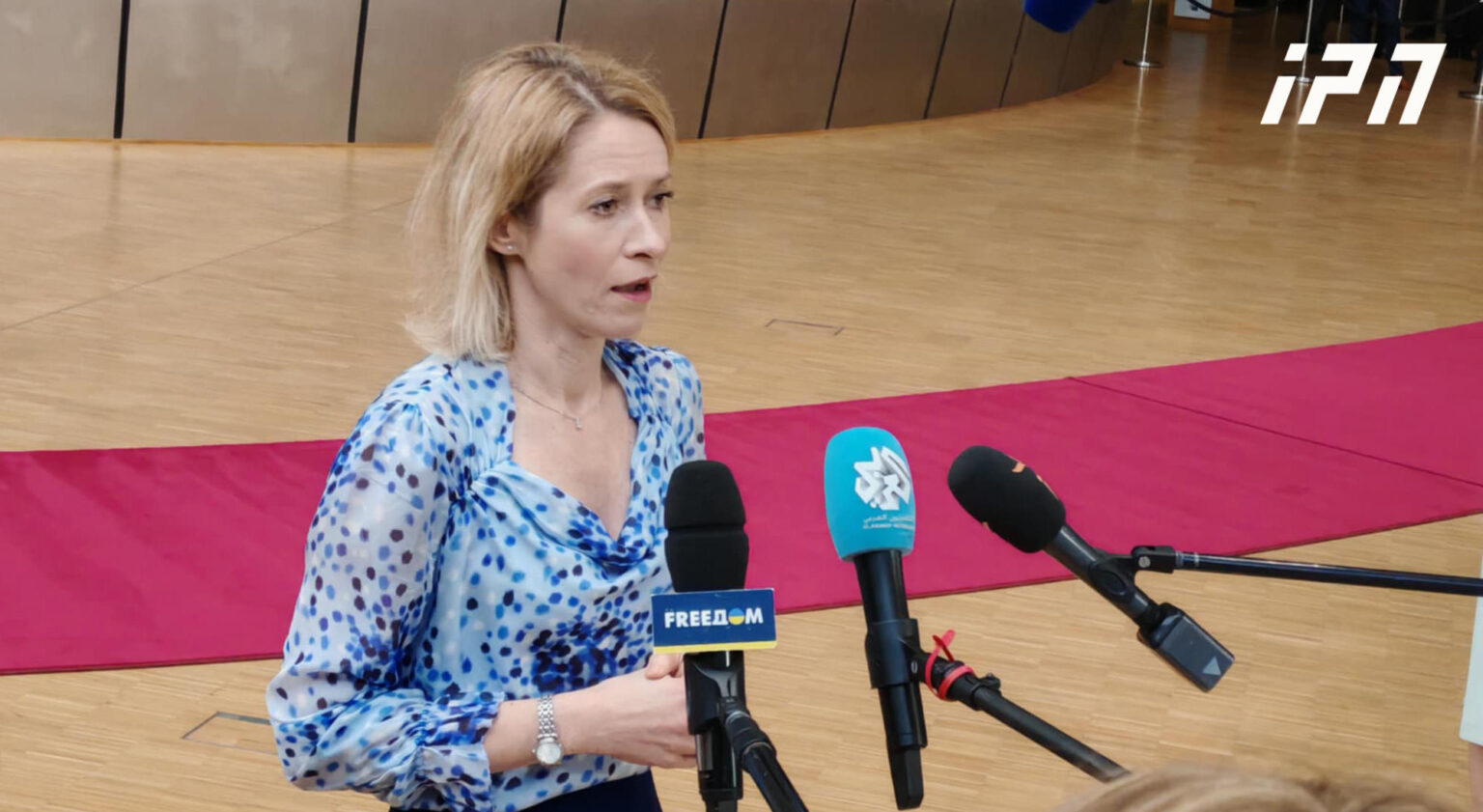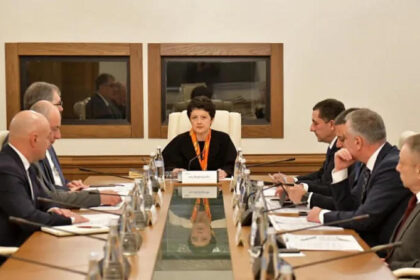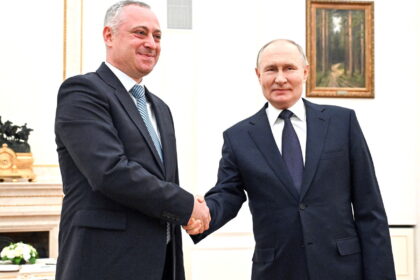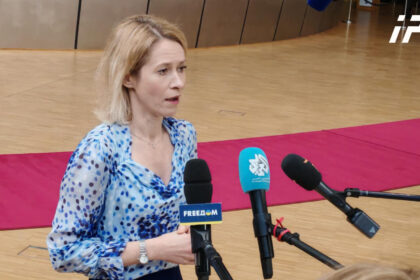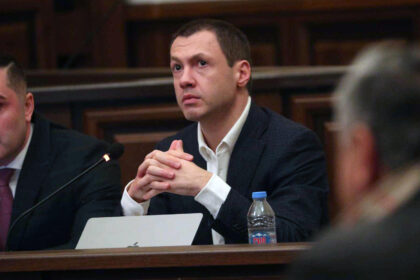**EU Concerned Over Rising Repression in Georgia**
The European Union is taking a close look at the situation in Georgia, where opposition leaders and media outlets are facing increasing pressure. In a recent meeting, EU officials discussed these concerns with Estonian Prime Minister Kaja Kallas.
Kallas revealed that the discussions centered around the deteriorating human rights situation in Georgia. The country has seen a rise in attacks on opposition leaders, as well as harassment of journalists and media organizations. These actions are not only worrying but also undermine democratic values.
**EU Threatens Additional Sanctions**
As a result of these concerns, the EU is ready to consider imposing further restrictive measures against those responsible for the repression. This move highlights the bloc’s commitment to promoting democracy and human rights in Georgia.
Kallas stressed that the EU would continue to monitor the situation closely. She emphasized the need for Georgia to respect its international obligations, particularly when it comes to protecting fundamental freedoms.
The situation in Georgia has sparked concerns among EU officials about the country’s democratic trajectory. As the bloc weighs its next steps, one thing is clear: Georgia must take concrete actions to safeguard human rights and press freedom if it hopes to maintain good relations with Europe.
**What Does This Mean for Georgia?**
Georgia’s leadership has faced criticism from various quarters over recent months. The government has been accused of clamping down on opposition voices and independent media outlets. These developments have put a strain on EU-Georgia relations, which are crucial for the country’s economic development and access to European markets.
The threat of additional sanctions serves as a reminder that the international community is watching Georgia closely. If the government fails to address these concerns, it risks facing further isolation from the EU. This could have significant consequences for the country’s economy and its people.
**A Tough Road Ahead?**
Georgia’s path forward will be challenging. The government must demonstrate a genuine commitment to democratic values, human rights, and press freedom. Failure to do so may lead to further diplomatic fallout with Europe.
As the situation continues to unfold, one thing is certain: Georgia’s leaders have a tough road ahead of them. They must navigate this complex landscape while also addressing the pressing needs of their citizens.
Read More @ www.interpressnews.ge




